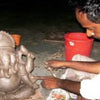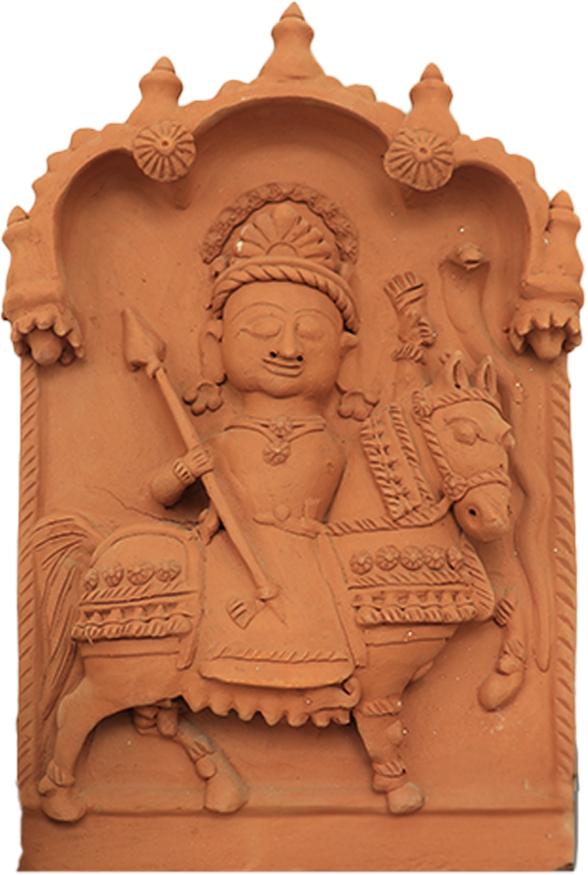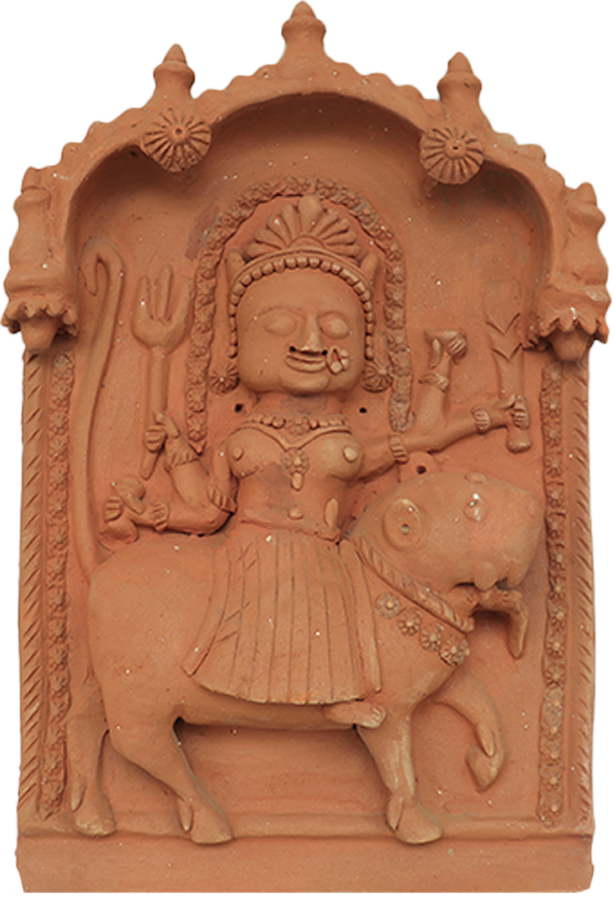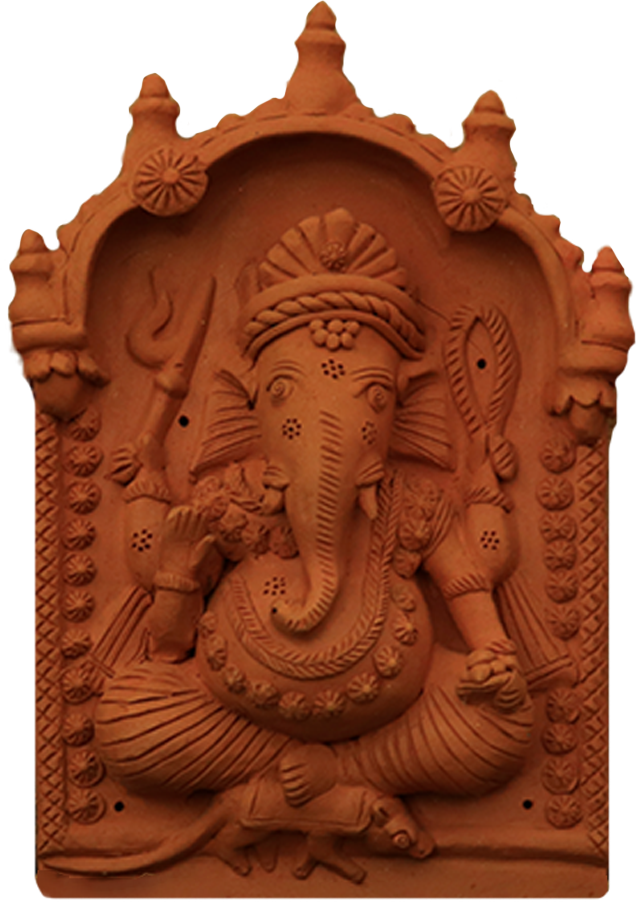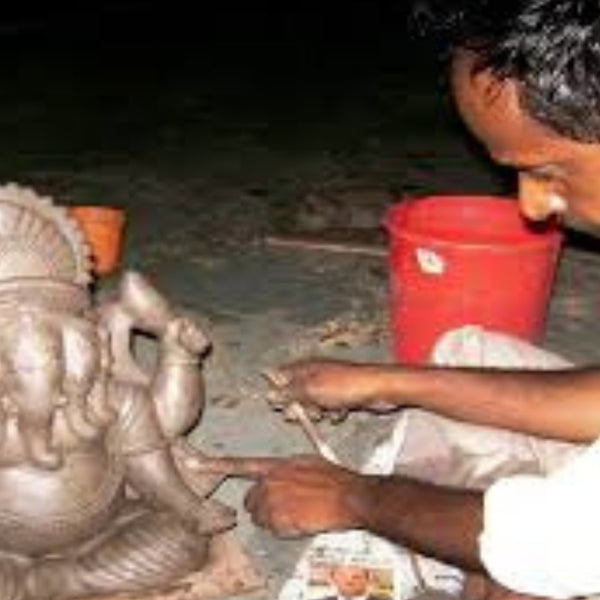EMI available: Pay in installments with your preferred Credit/Debit cards.
Dimensions : Single tile: H:12(in) by W: 12(in)

- HANDMADE
ARTWORKS

- INTERNATIONAL
SHIPPING

- AUTHENTIC &
SUSTAINABLE

- SECURE
CHECKOUT

- WARRANTY

- CELEBRATE
ARTISANS
![]() Earn upto 12,500 Points on purchase of this product.
Earn upto 12,500 Points on purchase of this product.
![]() Get upto 10% OFF on Live Workshops when sign up for 2 or more workshops.
Get upto 10% OFF on Live Workshops when sign up for 2 or more workshops.
![]() Get 10% OFF coupon code for Art Kits signing up for Masterclass or Live Workshop.
Get 10% OFF coupon code for Art Kits signing up for Masterclass or Live Workshop.
About the Artwork +
Renowned artist Dinesh Molela's 'Rural Serenity’ in Terracotta Tiles transports the viewers to a rustic idyll where villagers, depicted in stunning detail, go about their daily lives on a canvas of terracotta tiles. This evocative artwork captures the essence of rural village life, awash in earthy hues that harmonize with the terracotta backdrop. Molela's masterful use of color theory infuses warmth and vitality into every scene, from the traditional saris adorning the women to the serenity of the surrounding landscape. The intricate patterns and motifs tell a timeless story of tradition and community, drawing viewers into a captivating world where simplicity and beauty coexist. This artwork is a testament to Molela's talent and his ability to capture the soul of a village through art.
Sizes, Framing and Customisation +
Sizes are mentioned on the top of the page under the product title. Please note as these are handmade products thus the sizes are an approximation as each product is unique.
Frames shown are for visual representation only and are not included with the artwork. We offer framing services on demand at additional costs. If you wish to get your artwork framed, please reach out to us on WhatsApp or email.
We take custom artwork orders, please use the WhatsApp chat below or email us at wecare@memeraki.com to discuss your requirements in more detail.
International Shipping and Taxes +
We ship worldwide, Our Prices are inclusive of GST/Taxes in India. For International Orders, any specific custom duties you may encounter in your home country during the delivery has to borne by the buyer.
For all artworks expect Lippan and Terracotta, No additional charges are applicable for domestic deliveries. For International Orders shipping charges of 2500 INR are applicable.
For Lippan and Terracotta Artworks, We charge a Shipping rate on a per Kilogram basis. You can see your final Shipping Rate before checkout or view our pricing here.
Shipping and Returns +
All products are packed and couriered securely in our packaging.
Ready To Ship/ In Stock products are shipped in under 2 weeks. We only accept return requests for Ready to Ship/ In stock products placed within a week from date of delivery, however no returns can be accepted for international deliveries.
Made To Order products will take 2-3 weeks to be made and shipped once they are ready. Returns are not applicable on Made To Order products.
Disclaimer+
Most products on our website are handmade from scratch by our master artists. That makes every product absolutely unique and the actual colour and overall look may vary only slightly from the product image posted here.





